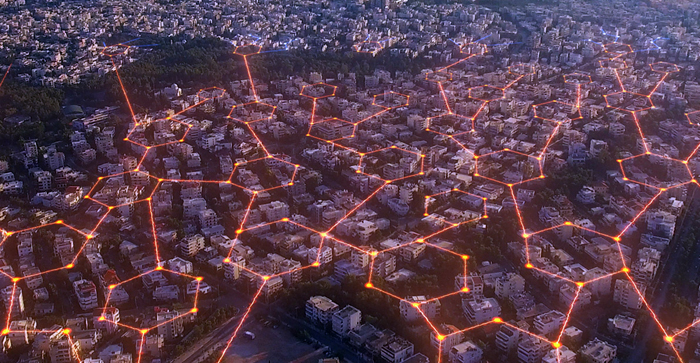But government recalcitrance is making it tough for the optimists

There are a thousand ways to skin a cat, but very few good ones. There are a thousand “solutions” to the climate crisis, yet it remains a crisis. Something’s not working.
Every time someone says they have a solution, a new problem turns up. To take the cat metaphor a step further, it’s like trying to skin the poor animal while it’s still alive.
Tasmania is a case in point. Last month environment minister Elise Archer repeated in state parliament the government’s proud boast that having achieved zero net emissions, Tasmania was a world leader in addressing climate change.
If that claim was ever true, it evaporated within weeks with this month’s release of Australia’s state and territory greenhouse inventories for 2017. Tasmanian carbon emissions in that year rose in every sector. It is no longer a net carbon sink, but a net emitter to the tune of 868,000 tonnes.
Lesson: beware of claiming success on the basis of data you don’t control.
In his 2017 book Drawdown, US environmentalist Paul Hawken painstakingly analysed and costed 100 “dynamic, innovative solutions” to the climate crisis in what he described as “the most comprehensive plan ever proposed to reverse global warming”.
That may well be correct. This encyclopaedic book, looking at both tried and tested ideas and others which have barely made it past the drawing board, is a wonderful compendium of what’s possible if and when we put our minds to it. I dip into it often, if only to cheer myself up.
Australian filmmaker Damon Gameau, of That Sugar Film fame, drew on Hawken’s work for 2040, a new movie about things being done now in transport, electricity, farming and elsewhere which if taken up on a bigger scale could be just the thing for an increasingly feverish planet.
Gameau got started when he pondered the daily barrage of miserable news about the climate. He asked himself, why don’t we share stories of successes, however small, and see where that takes us?
In making the movie he discovered that an awful lot of what’s needed is people and communities working together. We shouldn’t need reminding about the power of collective action, but decades of earbashing about individual rights takes time to overcome.
The result is a strong, cheerful, positive message about what humans are capable of if they direct their energies in the right places. The best part is that we already know these things work because they’ve been done, though not yet on a scale that will make a huge difference.
Both Gameau and Hawken before him seek a positive, motivated world where no challenge – not even so-far unmitigated global warming – is too much for our species. I have a feeling that their ability to find positives where others can’t will have an impact in many unexpected places.
Hawken’s and Gameau’s optimistic view is that local actions by engaged people anywhere can lead to extraordinary outcomes which, when others learn about them, will spread quickly into other, communities, eventually to become a global movement.
I like to think I’m a glass-half-full person, but certainly not compared to Hawken and Gameau. They are surely right to celebrate human ingenuity and drive and never to give up on those endless possibilities. Who can say what good might come of them?
But scale is against them. Human activities are now adding carbon to the atmosphere at a rate and volume that’s unprecedented, not just in human history but throughout our planet’s entire existence.
Turning that around demands action at a level far beyond what any individual, community, corporation or nation can achieve, but the global unity of purpose we will need is nowhere to be seen in today’s fractured political landscape. If saying that makes me a pessimist, so be it.
We are only playing catch-up with land carbon efforts like planting trees and eating less meat if we don’t also stop the activity that created this mess and continues to thwart abatement efforts: digging up fossil carbon and burning it. That’s the real deal, the bottom-line solution.
Having heard a growing public disquiet, some governments are responding. This month two close allies, the UK and New Zealand, have declared new, ambitious emissions goals with targeted support for communities and corporations to abandon fossil fuels.
Australia’s 2019 summer of extremes influenced the UK decision, yet here we don’t talk about such things. While representing ambitious targets and coal sanctions as economic folly, the Morrison government continues to ignores climate danger signs. If that doesn’t change, something will snap.
